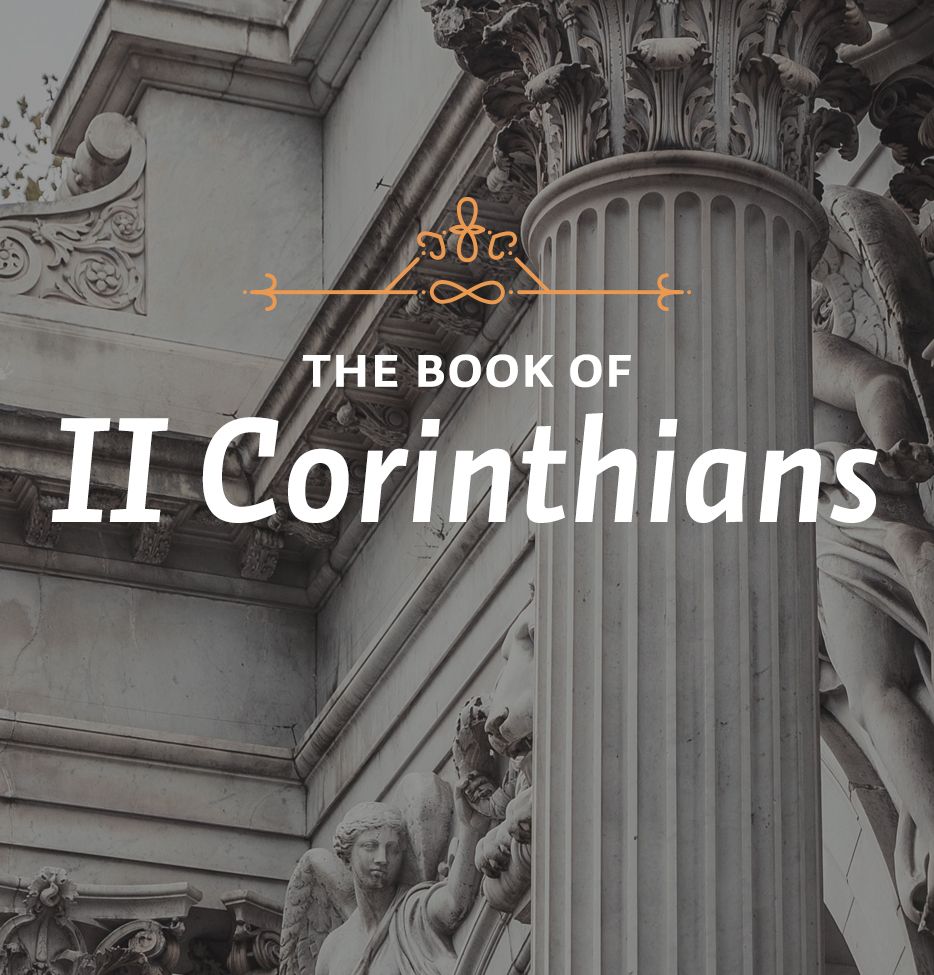Crown of Thorns2 Corinthians 11:16-33Theme: Boasting in weakness.This week’s lessons teach us that our weakness reveals God’s strength. LessonIf Paul could have had what he really desired, he would have gladly let all the criticism slide by. But in this particular case he could not because of two things. First of all, he was concerned for the Corinthians. This was not just a matter of someone in a remote place saying something about Paul that would not do any damage anyway. This was being said by false apostles who had infiltrated the church at Corinth and who were taking the Corinthian believers into slavery to their false gospel. We know that because of the way Paul speaks in verses 19 and 20. He basically tells them that they are putting up with fools. In fact, they were listening to anyone who might enslave them, or exploit them, or take advantage of them.
We do not know precisely what he is referring to in each of those cases. But, when he speaks of slavery, generally what Paul has in mind is being brought in bondage to the law, in the sense that you have to do certain things in order to merit salvation. It is bondage to the belief that it is all right to have faith in Christ, but one must keep the law of Moses, too. Paul fought that battle in his letter to the Galatians, and perhaps that was the thing going on here in Corinth. At any rate, Paul saw it as a great danger, the kind of thing that would destroy the church. So, he spoke out in order to counter that.
Paul was also concerned for the purity of the defense of the Gospel. The problem was that these enemies were not just obviously secular enemies, but they were enemies that had come to Corinth in the guise of religion, pretending to be true apostles, when in fact, they were false apostles. Therefore, they were false apostles preaching a false gospel which, if it should be established in the church, would destroy that great Gospel of salvation through grace, which comes to us in Jesus Christ alone. Paul is doing what an apostle must do. Paul is defending his apostleship because his apostleship is connected with the Gospel. If he is a true apostle, the Gospel he preaches is a true Gospel. If those others are true apostles, then the Gospel they preach is a true Gospel. It is most important that this matter be decided.
This is the same sort of thing that has to be decided today, though not in terms of the apostleship, but rather in terms of the apostolic message. We have many gospels today–all kinds of churches, all kinds of denominations, all kinds of gospels preached in those kinds of churches. When you hear discordant sounds, you have to ask yourself whether you are really hearing the true voice of Christ, a true exposition of the Word by one who is faithful to the Word, who makes it his business to teach the Word, and is correctable by the Word. Or, is it a gospel, that, however attractive it may appear, however enticing it may be, is nevertheless not a true one, because it is not based upon Scripture and it is not preached by one who is faithful to Scripture? What matters in spiritual things is not the eloquence of the preacher, not the qualifications of the spokesman, but whether the message is an authentic message, based upon a true understanding of God’s Word. Every Christian has to face that in one way or another in his church selection.
So as distasteful as this may be, it is for these reasons Paul finds it necessary to defend his apostleship. And that is what he did in these verses. He boasted about it. He recognized that his words might be perceived as foolish. But, nevertheless, he did it because it was required.
Paul gives us here a list of the things that he endured for the sake of the spreading of the Gospel, which, although he did not want to talk about them, are actually Paul’s great crown and glory. The list is not exhaustive. Compared to the list we find in the Book of Acts, some things are mentioned here that we do not find in Acts, and vice versa. This makes us realize that Paul went through all sorts of experiences. What we have here in Second Corinthians is not a careful chronicling of every single thing that happened in his life as a result of his stand for Christ – the persecutions and dangers that confronted him – but rather, it is a free-flowing statement of the sort of things that Paul remembers from his many years of missionary activity.
Study Questions
For what two reasons did Paul defend himself to the Corinthians?
When Paul speaks of slavery, to what is he generally referring?
What is the mark of a true preacher?
Further StudyRead through Paul’s letter to the Galatians to see how vehemently he defended justification by faith alone.






